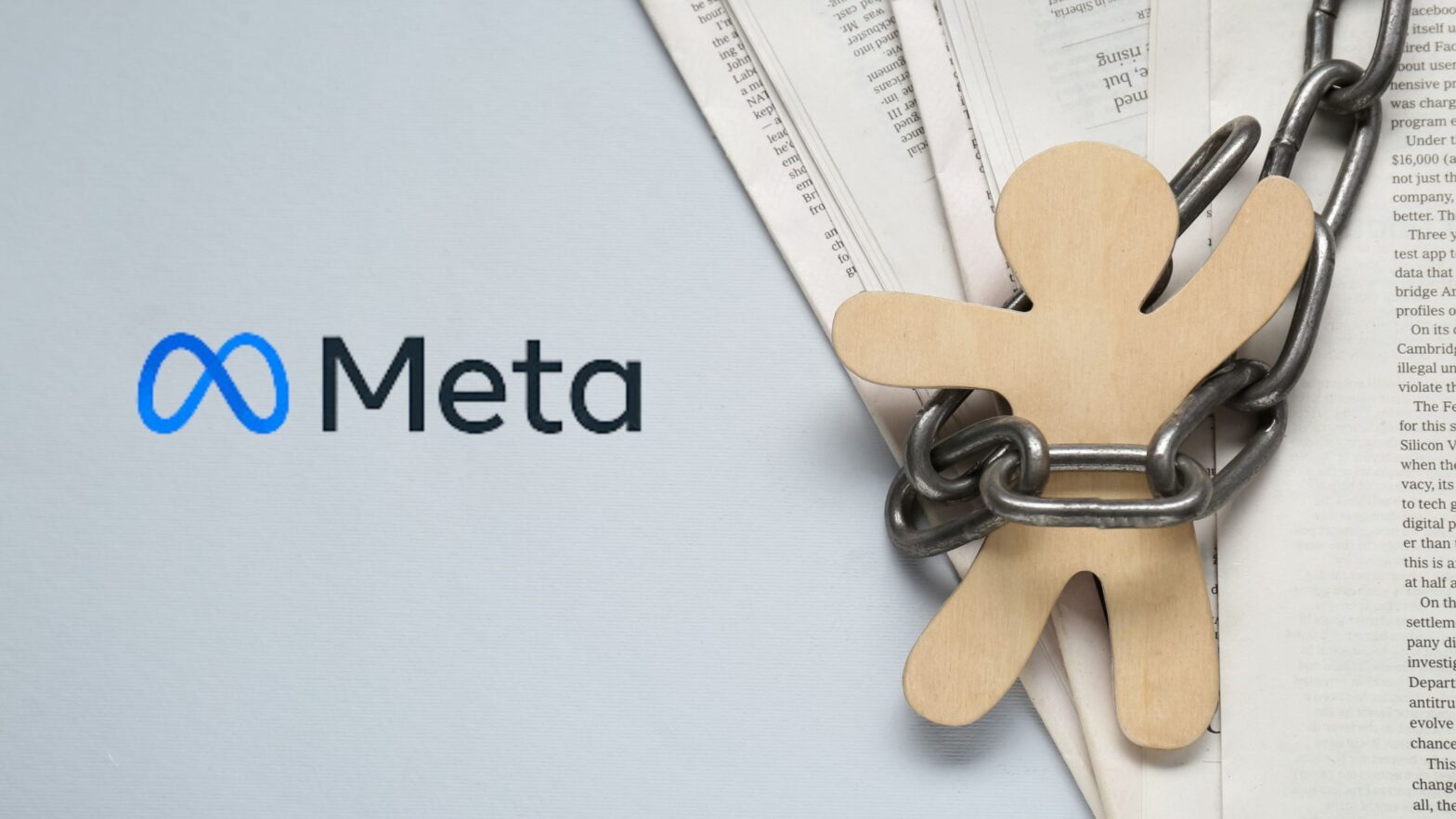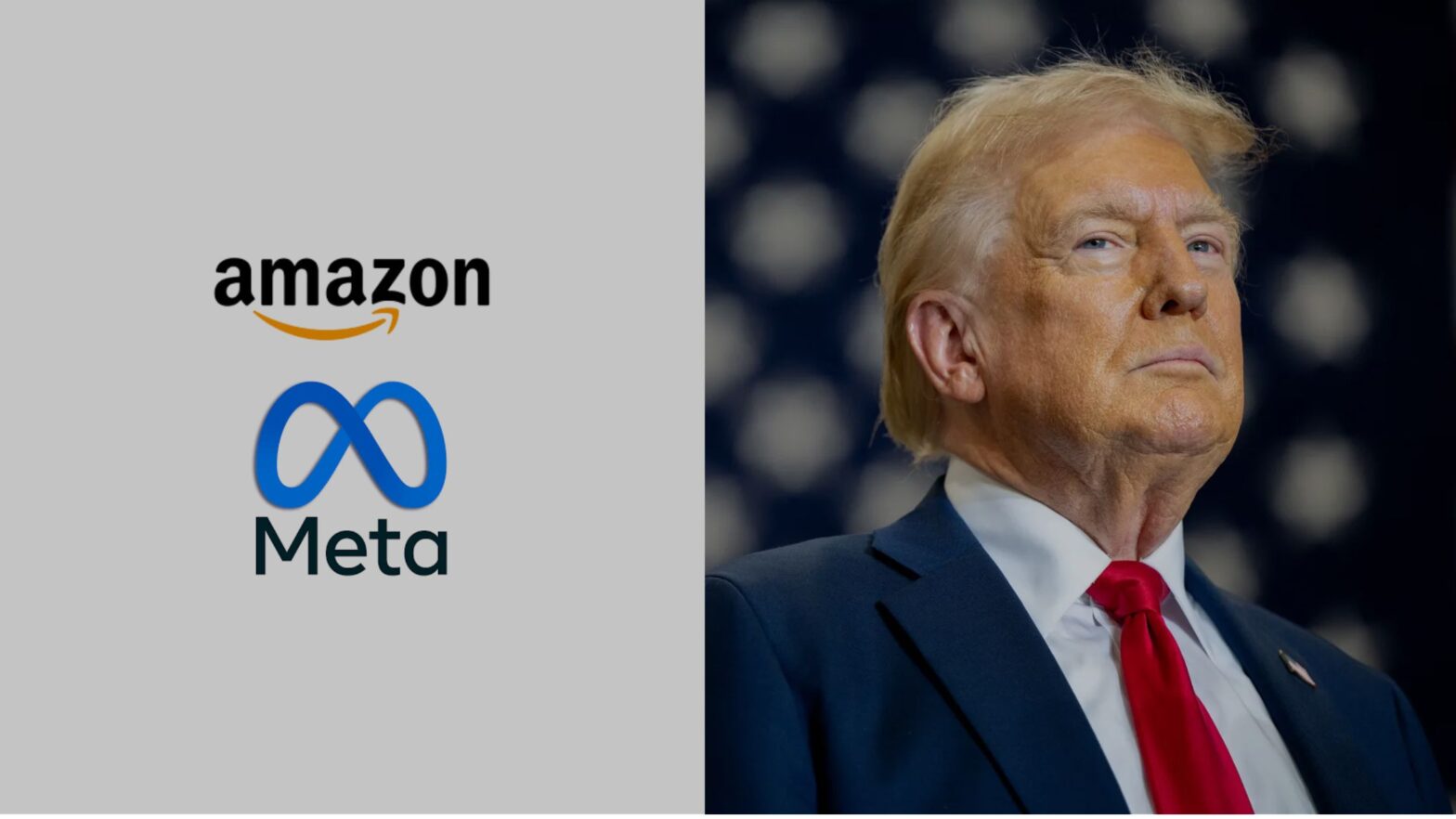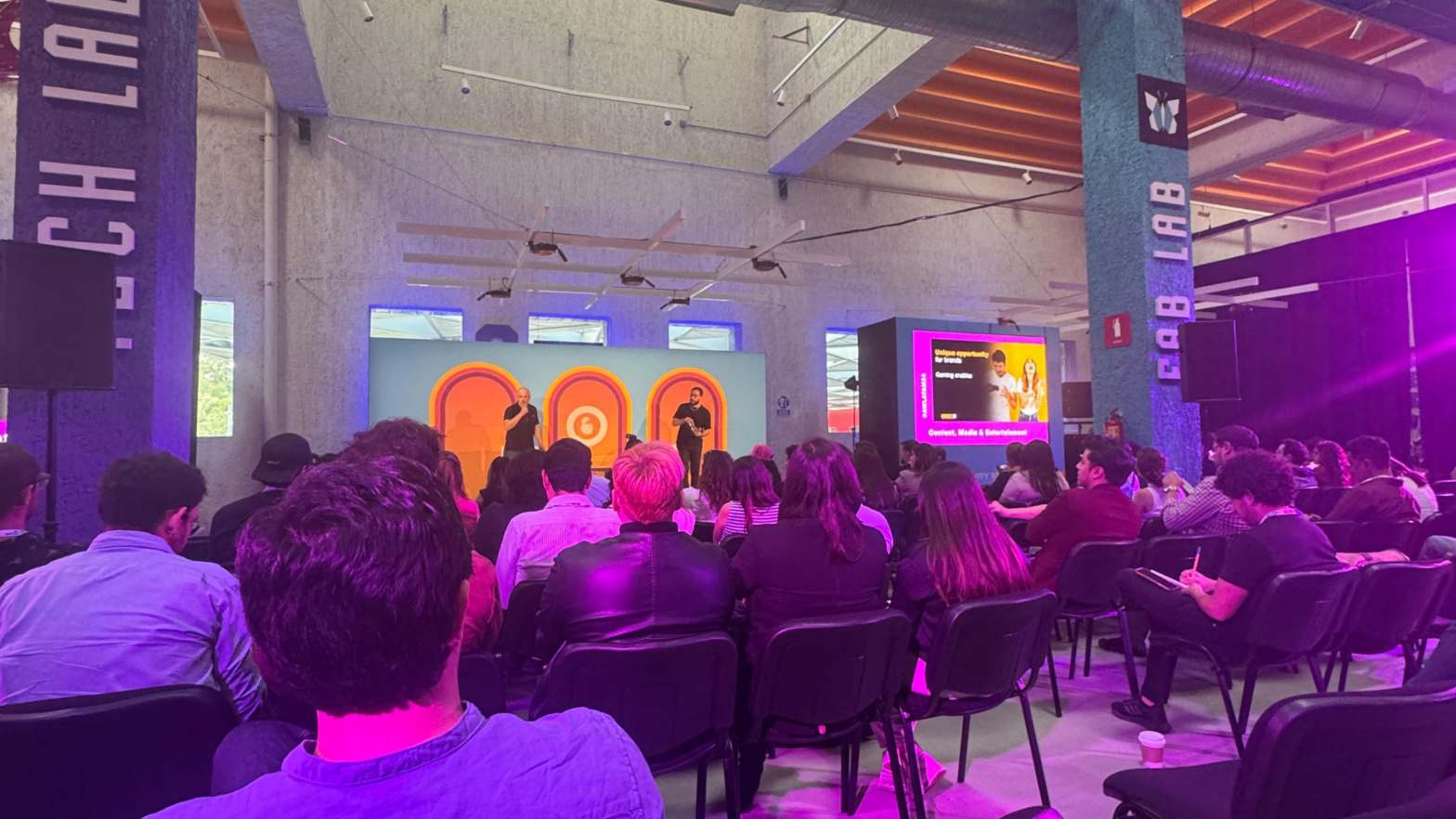Spanish Media vs. Meta: What are the allegations of unfair digital advertising practices?
October 28, 2024

In an unprecedented move, some of Spain’s top media outlets have joined forces to take Meta Platforms, the parent company of Facebook and Instagram, to court. The lawsuit, seeking $172 million in damages, accuses Meta of unfair competition in the digital advertising market. This showdown highlights the growing tension between major tech platforms and traditional media, who argue that Meta’s practices threaten their survival in an increasingly tech-dominated media ecosystem.
With Meta’s advanced targeting capabilities and the massive reach of its platforms, the tech giant has captured a significant share of Spain’s advertising market, surpassing traditional media. The lawsuit alleges that Meta not only abuses its dominant position but also sets conditions that hinder fair competition. Spanish media companies argue that Meta profits from media-generated content without fair compensation, and that its algorithms favor native platform content, pushing traditional media further from audiences in terms of reach and relevance.
The complaint also points out that Meta isn’t subject to the same advertising regulations as TV and radio, which gives it a competitive edge. Traditional media face strict guidelines and limits on advertising, while Meta and other digital platforms operate with more flexibility in the type and frequency of ads they can show. This not only affects traditional media’s advertising revenue but also shifts the balance of power in reaching consumers, allowing Meta to maximize revenue with less oversight.
The situation is especially critical as Spanish media outlets have seen their advertising revenues drop significantly in recent years. This reduction in revenue and a growing reliance on digital audiences have put the sustainability of many media outlets at risk. With this lawsuit, Spanish media seek not just financial compensation but also a change in Meta’s practices to create a level playing field in the industry.
This case could set a precedent in Europe, and possibly beyond, at a time when regulators and media from various countries are questioning Big Tech’s dominance in digital advertising. If the case rules in favor of Spanish media, it could pave the way for other countries to push for stricter regulations and seek similar compensation.
The struggle between traditional media and major digital platforms like Meta reflects a battle for control and survival in the digital information age. As this case unfolds, industry players and European regulators alike are watching closely, viewing this dispute as a potential opportunity to review competition policies and ensure a fairer digital market.




